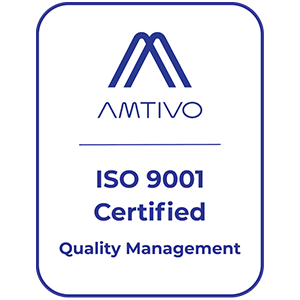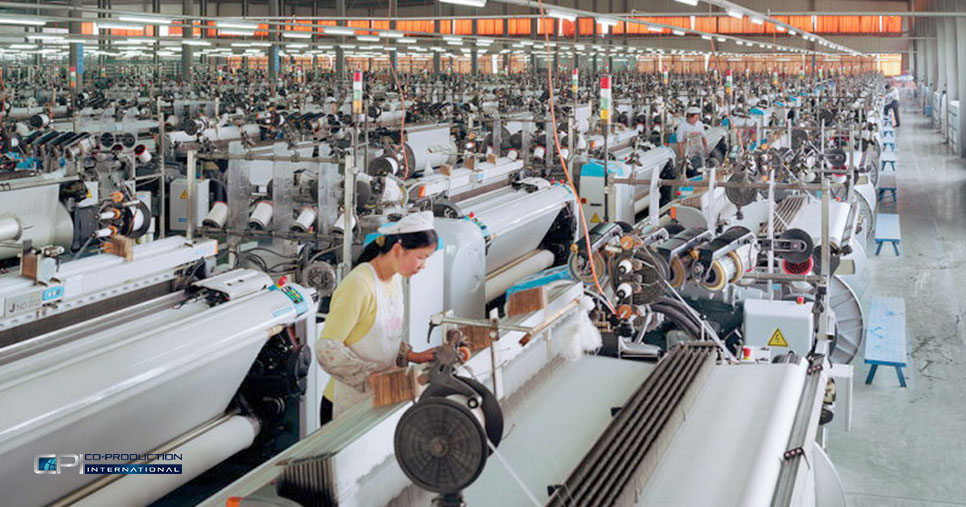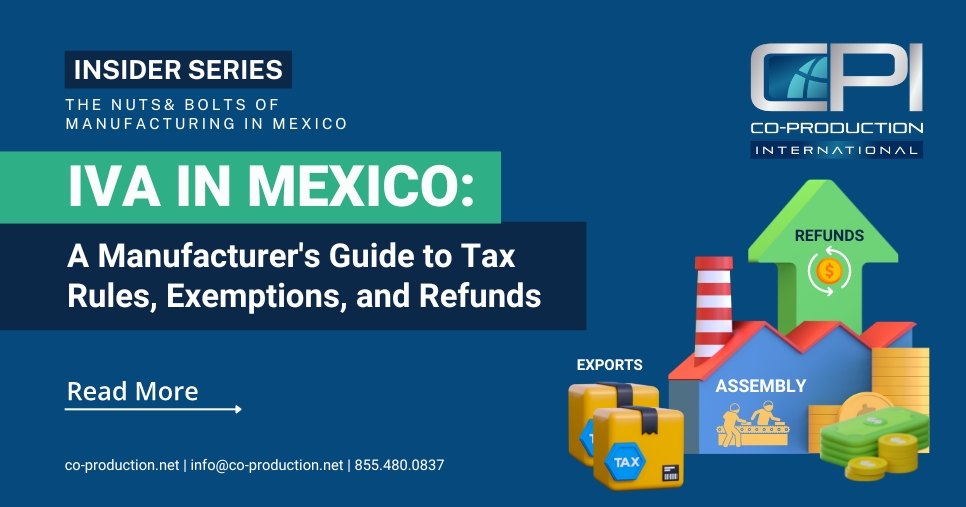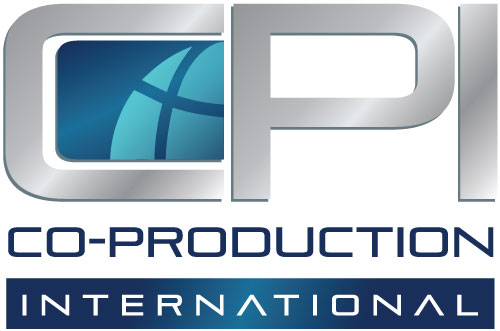NAFTA 2.0 is a big opportunity for San Diego and the entire U.S.-México border region. With a good “modernization” of the 1993 treaty, the U.S.-México border can expand economic growth and continue to be one of the most dynamic regions in North America.
Elected officials and business groups from the border region should organize to weigh in regularly with the government negotiating teams and elected representatives in the months ahead to assure a good outcome.
Voices from the border cities and states must be well organized to have their voices heard in Washington and in México City. Happily, San Diego and Tijuana are hosting mayors from throughout the region for the Border Mayors Association Binational Summit this week. This is an important opportunity for mayors to pursue a shared agenda.
Negotiators from the U.S., México and Canada begin an intense effort to modernize the NAFTA agreement in mid-August. A number have the ambitious goal of reaching agreement by early 2018, before Mexico’s presidential campaign makes it too complicated politically to forge an agreement. Given the breadth and complexity of the U.S. objectives announced last week, however, agreement by early 2018 will be a large order. Many of the goals involve applying best practices and standards, but others, such as weakening protections against U.S. trade enforcement actions against México and Canada or reducing U.S. trade deficits, will be contentious.
From the perspective of the cities and states along the U.S.-México border there are two big objectives: first, do no harm to the massive trade, production and investment networks that support over a million U.S. jobs in the border states; and second, assure that NAFTA 2.0 creates new opportunities for economic growth, more fluid commercial border flows, and steps that will make cross-border production more competitive internationally.
U.S.-México trade has multiplied by six since 1993 and totals some $580 billion, over $1 million dollars a minute. That commerce supports some 4.9 million U.S. jobs, compared to an estimated 700,000 U.S. jobs in 1993. An average of about 40 percent of the value of finished manufactured products that Mexico sells to the U.S. is from U.S. content — far more than any other country.
The U.S.-México border regions are big beneficiaries of this economic partnership and have much to gain if NAFTA can be modernized in ways that facilitate cross border trade via more rapid border processes, better infrastructure and more modern commercial and customs standards and more modern commercial and customs standards, practices and protections on both sides of the border.
México is the U.S.’s second largest export market (after Canada). It is the first export market for Texas, New Mexico, Arizona and California. They exported $127 billion in goods and services to México in 2016.
For California, that translated into $25.3 billion in sales to Mexico: 15 percent of the value of all California’s exports, with over 500,000 California jobs depending on the two-way commerce.
The U.S. and Mexican negotiators should also keep in mind the economic impact of the region. The gross domestic product of the U.S. and Mexican border states would add up to the fourth largest economy in the world, if they were grouped together.
If border officials and associations can unite voices and advocate effectively in capitals, they should be able to have an important influence on the outcomes. Consider the high costs of border delays for commercial and private border crossings. A SANDAG study shows that delays at the San Ysidro land port of entry cost San Diego County $539 million a year and the U.S. economy $1.5 billion a year in lost economic output.
Border cities and states should press the negotiators to build into their work recognition of the importance of good border processes and cross border infrastructure planning, budgeting and coordination, including commitments for regular stakeholder input in the future. The U.S. negotiating objectives include improved customs procedures, but groups like the Border Trade Alliance have advocated for a wider set of border-related objectives, which should be actively pursued.
Border cities and states should form an active and effective border alliance to press the federal governments about the border region’s policy and resource needs during the negotiations. While each locality will have interests and projects, the region will have more clout if it can define and pursue a common agenda. The aim should be to expand the overall NAFTA gains and impact in the border region, from which cities, counties and states can then pursue specific projects.
Wayne is a former U.S. Ambassador to Mexico, a former assistant secretary of state for Economic and Business Affairs, and currently a public policy fellow on México and North America at the Woodrow Wilson Center.
Source: The San Diego Union Tribune
By: Earl Anthony Wayne
CLICK TO DOWLOAD THE FULL PRESENTATION FROM THE
US - México BORDER MAYORS ASSOCIATION 7/17 BY WILSON CENTER



.png)







